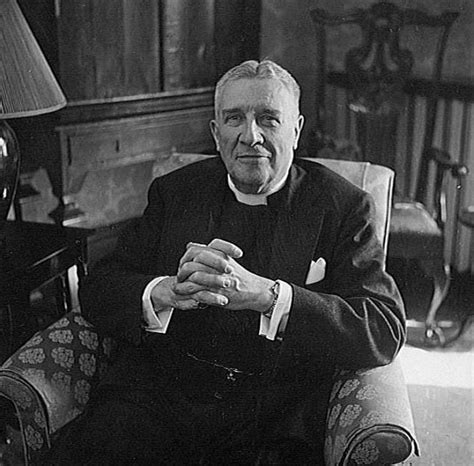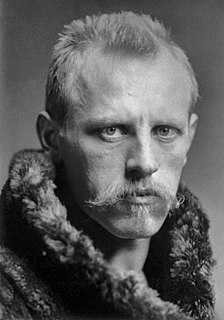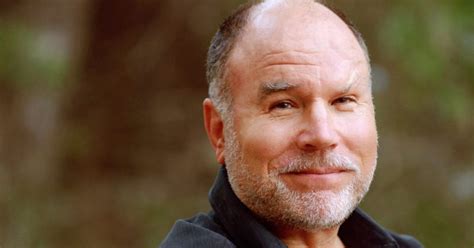A Quote by Allan Bloom
Life, liberty, and the pursuit of property were just what Aristotle did not talk about. They are the conditions of happiness; but the essence of happiness, according to Aristotle, is virtue. So the moderns decided to deal with the conditions and to let happiness take care of itself.
Related Quotes
If there ever was a pursuit which stultified itself by its very conditions, it is the pursuit of pleasure as the all-sufficing end of life. Happiness cannot come to any man capable of enjoying true happiness unless it comes as the sequel to duty well and honestly done. To do that duty you need to have more than one trait. From the greatest to the smallest, happiness and usefulness are largely found in the same soul, and the joy of life is won in its deepest and truest sense only by those who have not shirked life's burdens.
I had always been taught that the pursuit of happiness was my natural (even national) birthright. It is the emotional trademark of my culture to seek happiness. Not just any kind of happiness, either, but profound happiness, even soaring happiness. And what could possibly bring a person more soaring happiness than romantic love.
It was right then that I started thinking about Thomas Jefferson on the Declaration of Independence and the part about our right to life, liberty, and the pursuit of happiness. And I remember thinking how did he know to put the pursuit part in there? That maybe happiness is something that we can only pursue and maybe we can actually never have it. No matter what. How did he know that?
The belief that happiness has to be deserved has led to centuries of pain, guilt, and deception. So firmly have we clung to this single, illusory belief that we've almost forgotten the real truth about happiness. So busy are we trying to deserve happiness that we no longer have much time for ideas such as: Happiness is natural, happiness is a birthright, happiness is free, happiness is a choice, happiness is within, and happiness is being. The moment you believe that happiness has to be deserved, you must toil forevermore.
All around the country, individuals are choosing to redefine their lives and the pursuit of happiness in ways much closer to the original notion put forth by our Founding Fathers. Their notion of the "pursuit of happiness" wasn't just about acquiring money and power, but about doing your part to add to the civic happiness of the community.
True happiness isn't something that can be made. It isn't the result of anything. Happiness comes to those who understand that you can't seek it any more than you seek the air you breathe. It is a part of life to be found within living. ... All pursuit of happiness is based upon the false assumption that there is a way to possess it; you may as well try to grab a handful of breeze! Happiness is the natural expression of a stress-free life, just as sunlight naturally warms the Earth after dark clouds appear.








































